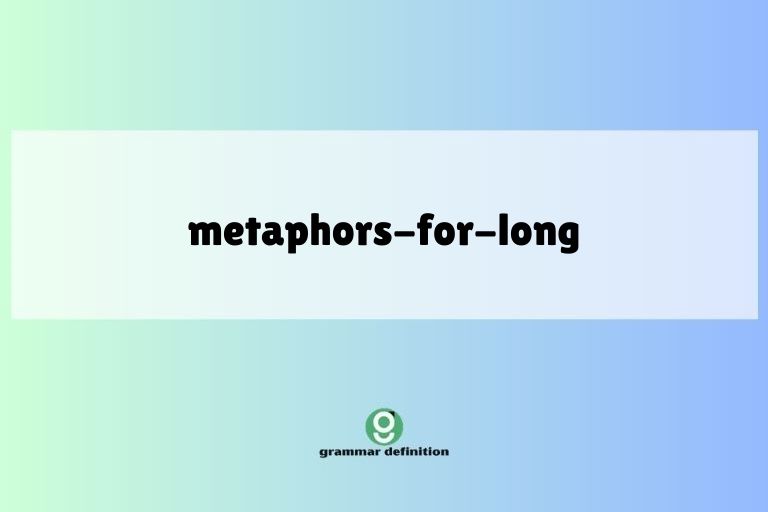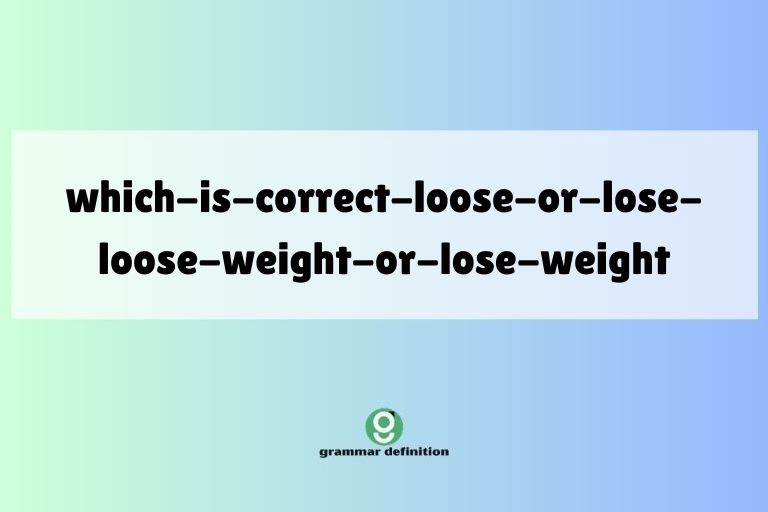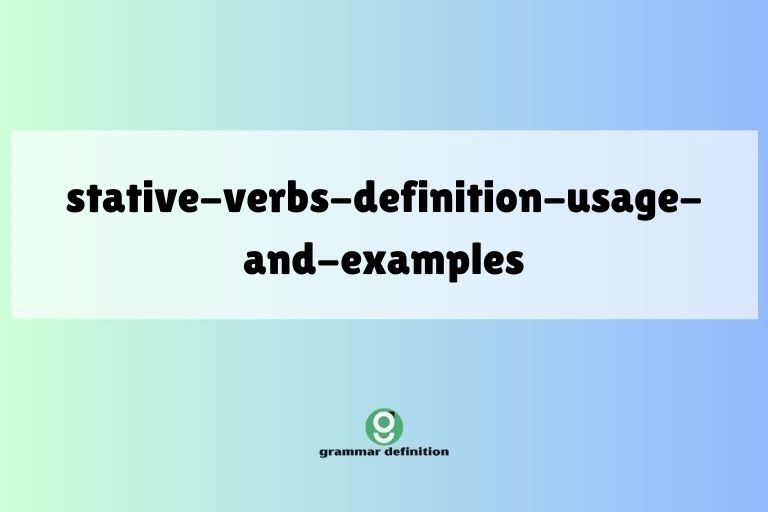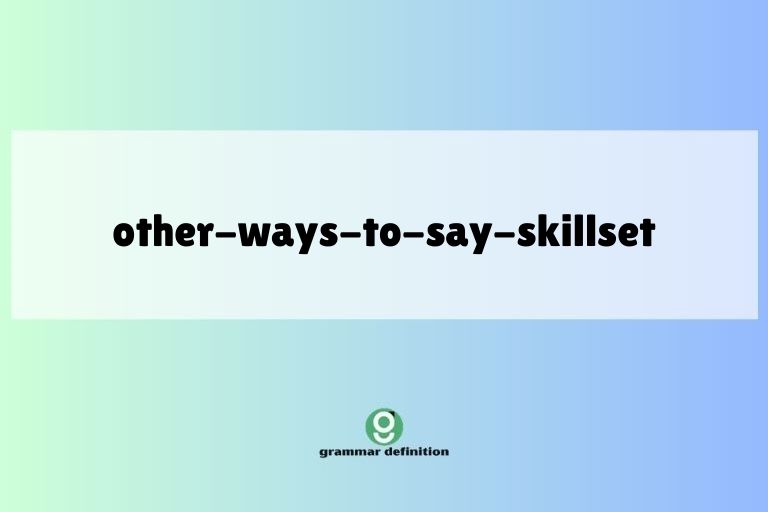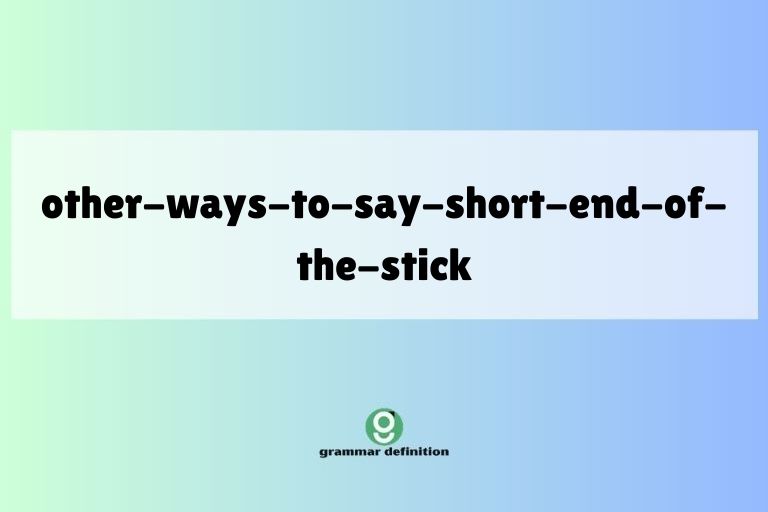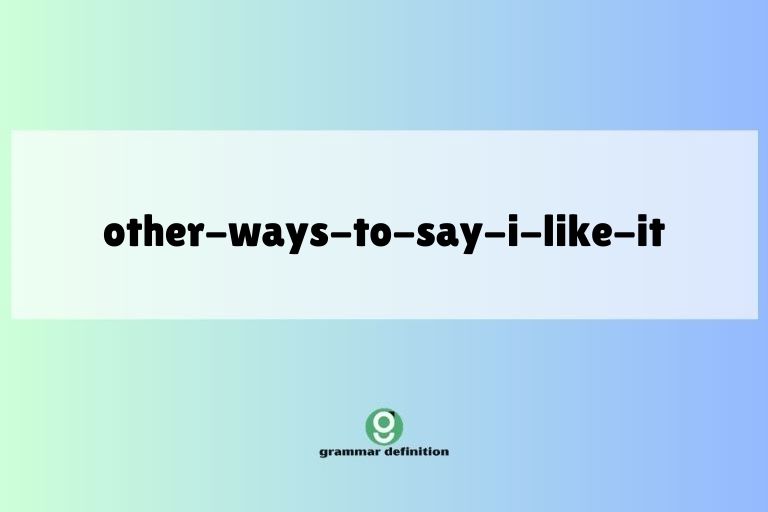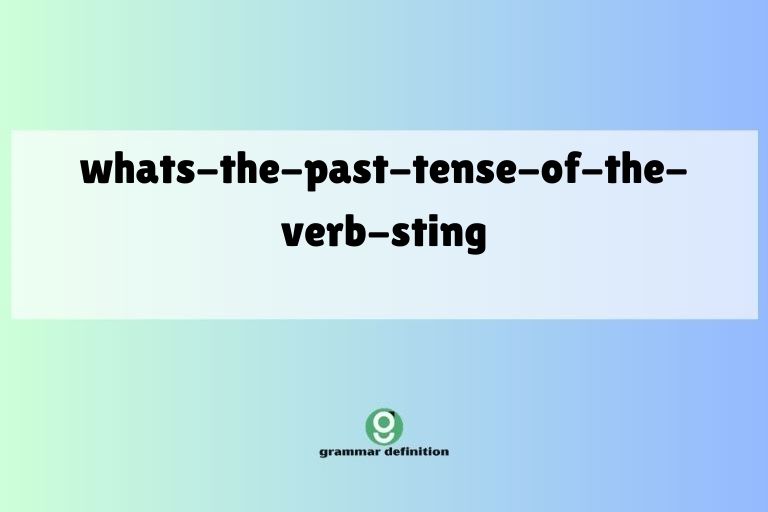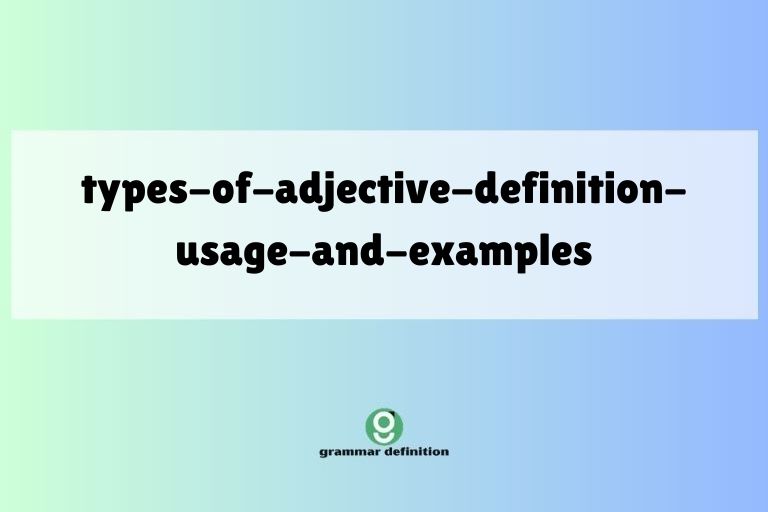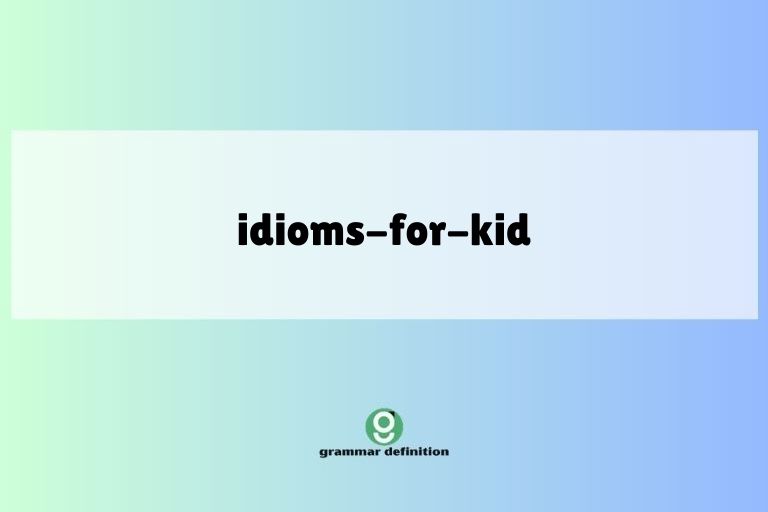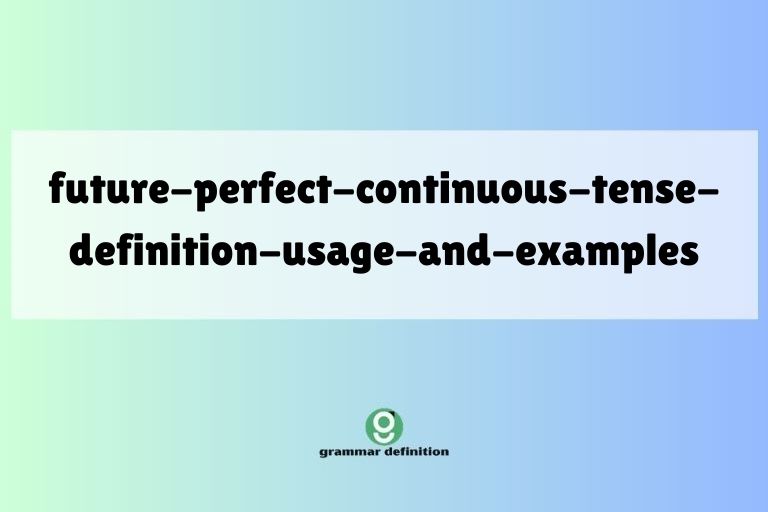Figurative Length: Mastering Metaphors for ‘Long’ in English
Metaphors enrich our language, adding depth and color to our expressions. When describing something that is “long,” we often move beyond simple measurements and employ metaphors to convey the extent, duration, or impact of the length. Understanding these metaphors not only enhances comprehension but also allows for more vivid and engaging communication. This article explores … Read more

